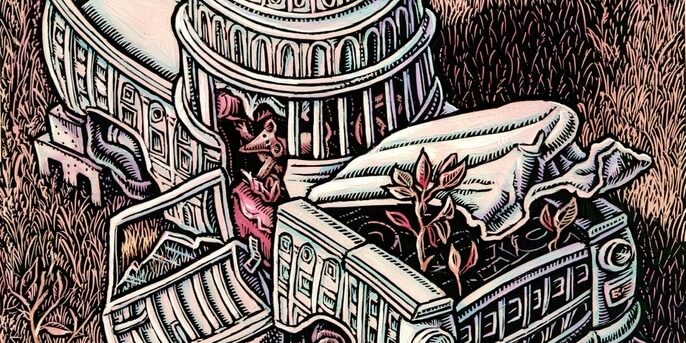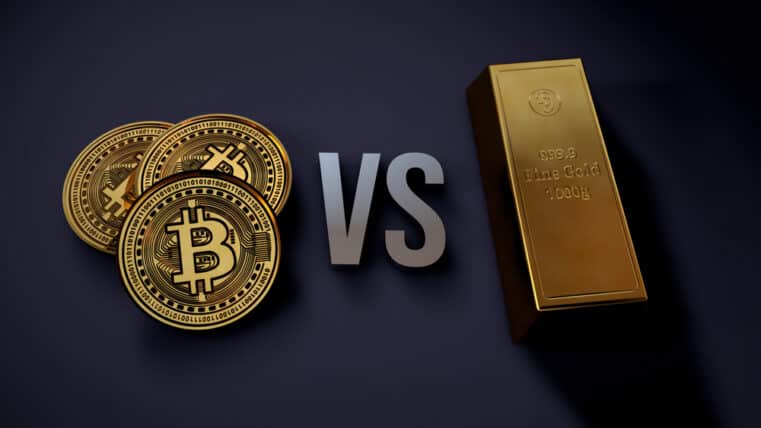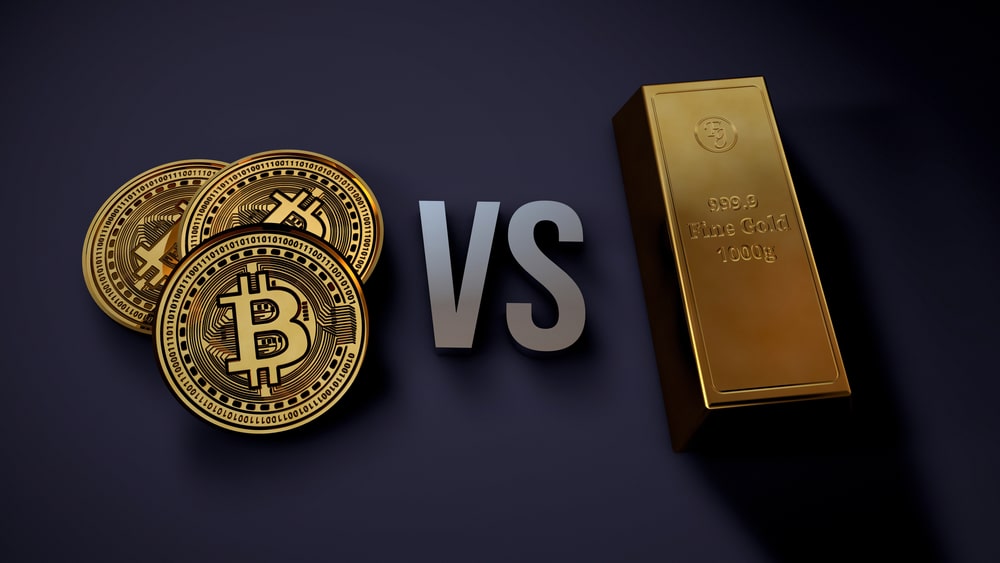
America’s Financial Empire in Decline: The BRICS Opportunity Explained
The Death of the Dollar: Why BRICS Is Becoming the World’s New Banker
Have You Noticed the Exodus?
The U.S. dollar has long been portrayed as the unassailable king of global finance—a fortress of stability, a universal medium of exchange. But here’s the uncomfortable truth: that illusion is fracturing in real time.
This week, the Dollar Index (DXY) slipped into the 96 range, the lowest we’ve seen in years. And it wasn’t a fluke. According to the Bank of America, exposure to U.S. dollar-based assets has plunged to levels unseen since 2005. You might be wondering: Where did all the money go?
The answer: BRICS.
A Quiet Realignment No One in Power Wants to Admit
While American politicians obsess over tariffs and election cycles, the BRICS nations—Brazil, Russia, India, China, and South Africa—are laying claim to the global capital the U.S. once took for granted. Institutional investors—once loyal to Treasuries and blue-chip American bonds—are now betting on the explosive growth of emerging markets.
China alone saw nearly $17 billion in foreign inflows in the past quarter. India is sprinting to internationalize the rupee. Brazil and South Africa are attracting funds that would have once flowed to Wall Street without a second thought.
In 2025, something snapped: institutional clients, for the first time in modern memory, decided the old playbook no longer applied.
The Dollar Isn’t Dead—Yet—but It’s Hemorrhaging Relevance
Let’s be clear: the greenback still reigns supreme by volume. But dominance isn’t the same as invincibility. You don’t have to look far to see how quickly empires can crumble when confidence evaporates.
Consider this: In less than two years, the concept of a “de-dollarized” world went from fringe speculation to a mainstream investment thesis. Just look at the headlines:
- 15 countries exploring homegrown payment systems.
- BRICS currency plans accelerating.
- Record-low exposure to U.S. assets.
When the financial establishment begins to hedge against the dollar, it’s not a protest—it’s an early evacuation.
What’s Driving This Flight From the Dollar?
Three forces are converging:
- Weaponized Finance: Sanctions, tariffs, and political coercion have made the dollar toxic for trade partners tired of being lectured and threatened.
- Unsustainable Debt: With U.S. national debt passing $40 trillion, no serious investor believes the dollar can retain value indefinitely.
- The BRICS Alternative: For decades, emerging markets lacked the infrastructure to rival the dollar. Today, they have payment systems, liquidity, and an expanding base of consumers who don’t trust American institutions.
In other words, the monopoly is over.
What Does This Mean For You?
If you hold most of your wealth in U.S.-denominated assets—stocks, bonds, fiat—you are effectively tethered to a ship taking on water. The next decade will not be kind to those who fail to diversify across currencies, jurisdictions, and asset classes.
Will the dollar disappear tomorrow? No. But it doesn’t need to vanish to cost you everything. A gradual decline in purchasing power—coupled with a rise in capital controls to stem the bleeding—can achieve the same outcome as a sudden collapse: the erosion of your financial sovereignty.
A Choice: Cling to Illusions or Prepare for What Comes Next
The media will tell you this is just a “temporary adjustment.” That phrase should sound familiar—it’s the same language Nixon used when he severed the dollar from gold. How did that work out for the purchasing power of ordinary Americans?
This time, you can’t claim you weren’t warned.
⚡ Take Action Now
The window for proactive steps is closing. If you want to preserve your wealth in a world where BRICS is rewriting the rules, here’s where to start:
🎁 Download my free book, Seven Steps to Protect Your Bank Accounts:
Get Your Copy Here
📕 Order the discounted hardcover, The End of Banking as You Know It by Bill Brocius for just $19.95 (retail $49.95):
Order Your Copy Here
Remember: empires don’t announce their collapse—they simply stop being able to enforce their rules. Prepare now, or be forced to adapt later on someone else’s terms.











